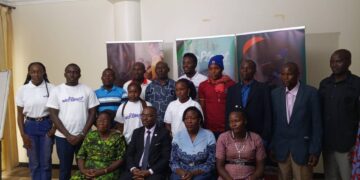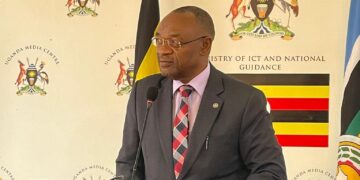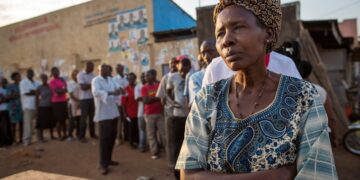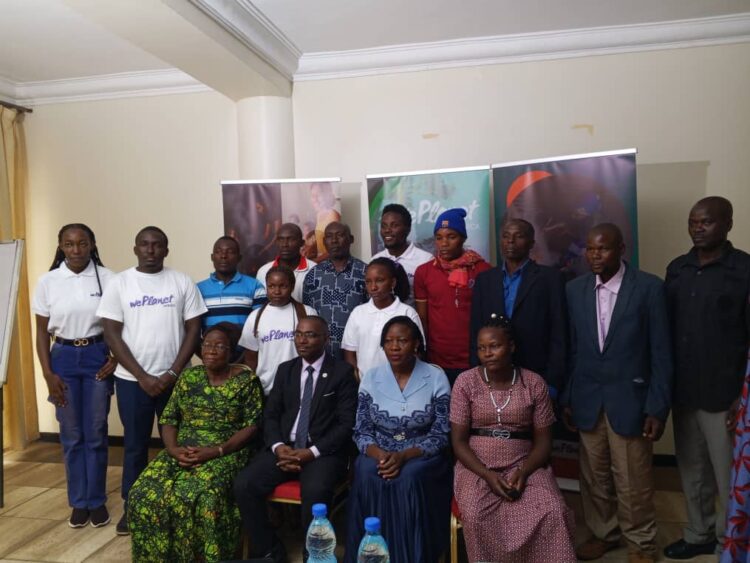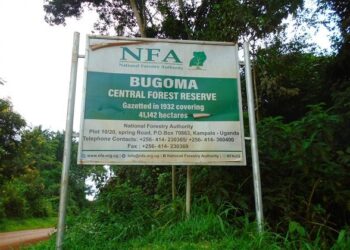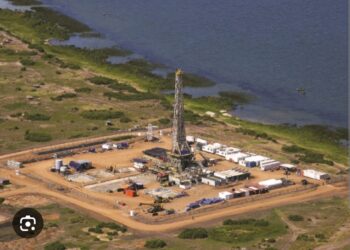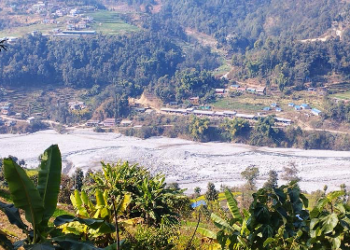By Racheal Amuge,
KAMPALA
Environmental experts have urged the World Bank to reverse its ban on financing Liquefied Petroleum Gas (LPG) in Africa, warning that the current restrictions are fuelling deforestation and putting millions of lives at risk.
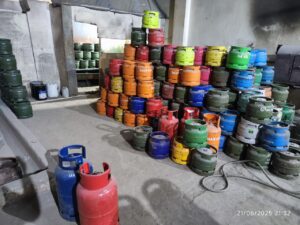
Speaking during the launch of the Just Stop Cooking campaign, Patricia Nanteza, Africa Coordinator for WePlanet, said the lack of financial support for LPG is forcing many households to depend on charcoal and firewood, leading to widespread tree cutting.
“When you block LPG financing, you are pushing people to cut down more trees. We need the World Bank to support Africa’s shift to LPG so that more Ugandans can access cleaner cooking options and we can start saving our forests,” Nanteza said.
She noted that Europe continues to invest heavily in fossil fuel infrastructure like LNG import terminals while African countries are denied similar financing for LPG, despite its lower carbon impact. “This is a question of fairness and survival. We need to put saving lives and protecting the environment before ideology,” she added.
Environmentalists believe that expanding LPG access across Africa is crucial to reducing charcoal dependency and curbing deforestation. They argue that without affordable alternatives, many families will continue to rely on cutting trees for cooking fuel.
John Robert Turyakira, Executive Director of the African Green Health Network (AGHNET), says indoor air pollution from biomass fuels kills 700,000 Africans each year, mostly from respiratory diseases caused by prolonged smoke exposure.
“Science shows that up to 40% of the smoke released during biomass burning is inhaled, leading to severe health complications, especially among women and children,” Robert said.
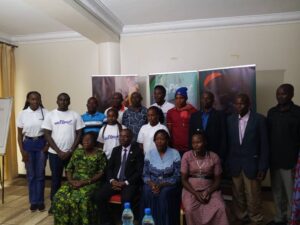
He urged the government to increase funding in the energy sector and work closely with the World Bank to accelerate LPG adoption.
“We need a deliberate and active response to protect both the environment and people’s health,” Robert said. “LPG is the most practical solution we can offer now to prevent further deaths and reduce the pressure on our forests.”
Both Nanteza and Robert emphasized that expanding access to LPG will not only improve public health and save forests but will also empower communities to move towards cleaner, safer, and more sustainable cooking options.
